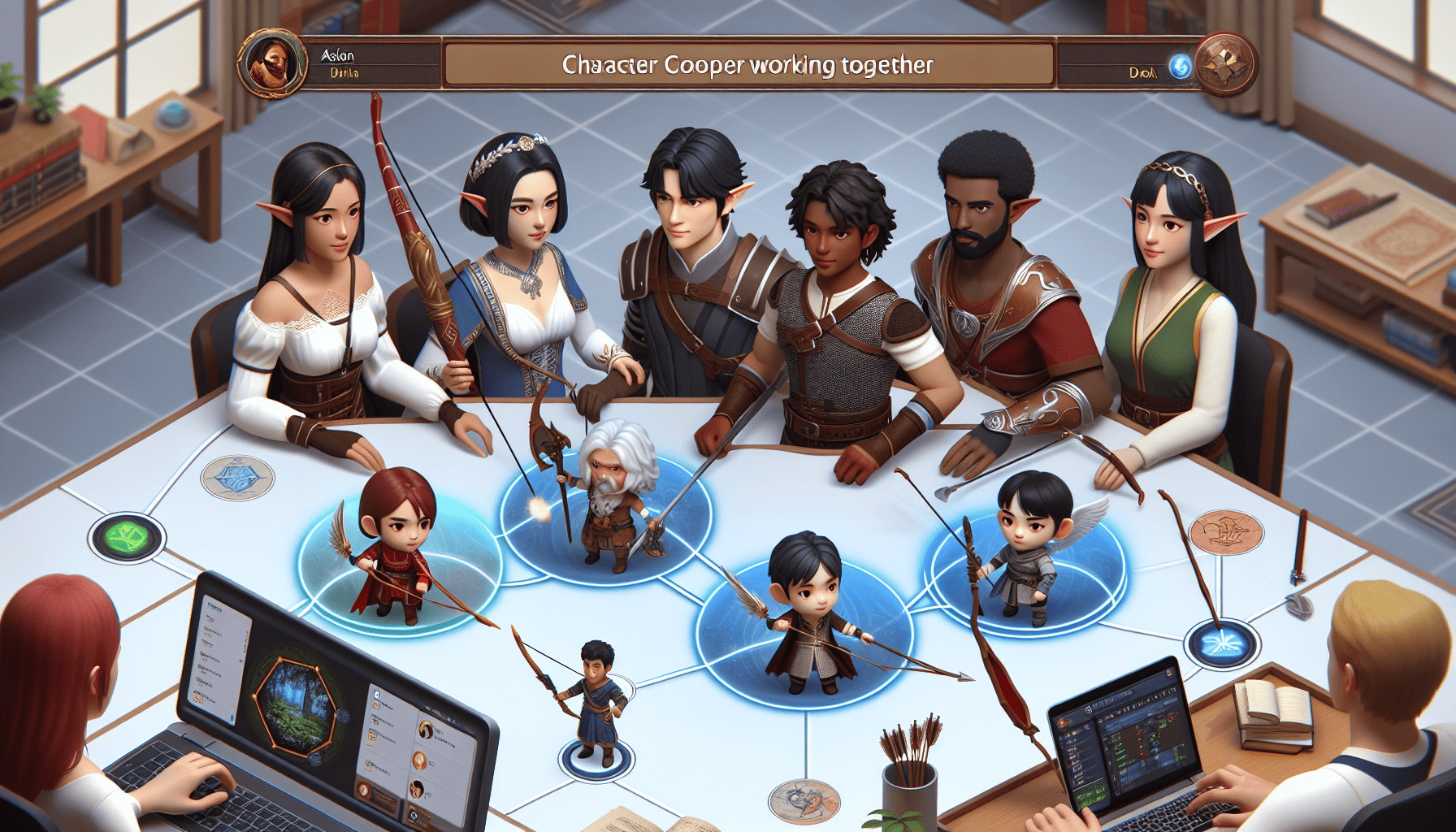In recent years, online gaming has evolved beyond a mere pastime into a vibrant social phenomenon. The surge in popularity of multiplayer games, particularly with technological advancements and global internet accessibility, has profoundly shifted the landscape of social interactions. Online gaming platforms have become digital meeting places where people convene, engage, and forge meaningful connections across the globe.
One of the most significant ways online gaming is transforming social interactions is by breaking geographical barriers. Players from different corners of the world can unite around a shared interest, forming communities that transcend cultural and linguistic differences. This global connectiveness is exemplified in massively multiplayer online games (MMOs) like "World of Warcraft" or esports titles like "League of Legends," where players collaborate or compete, often forming international teams that reflect a diverse range of backgrounds and perspectives.
Social dynamics in online gaming mirror real-world interactions but with additional layers of complexity and anonymity. In many instances, gamers build relationships with others whom they may never meet in person, relying on text or voice chat to communicate. This element of anonymity can empower individuals to express themselves more freely, fostering an environment where social inhibitions are minimized and personality takes precedence over physical appearance or social status.
Moreover, the cooperative nature of many games promotes teamwork and camaraderie, which are foundational to building trust and rapport among players. By working together to accomplish common goals or overcome challenges in games, individuals develop communication skills and form bonds that can lead to lasting friendships. This fostering of teamwork also translates into improved social skills in broader contexts, as players learn to negotiate, strategize, and empathize with others online.
Online gaming communities often extend beyond gameplay, providing forums and platforms where players can share experiences, tips, and fan-created content. Platforms like Discord or Reddit have become integral to the gaming social experience, serving as hubs for discussions that are not strictly limited to gaming topics. These digital spaces offer gamers a sense of belonging and identity, further reinforcing the social aspect of gaming.
Additionally, online gaming can be a haven for individuals who may struggle with social anxieties or isolation in the physical world. Gaming offers an alternative outlet for socializing that can be more controlled and less intimidating, providing players with opportunities to practice social skills in a virtual environment. For many, gaming communities become a crucial part of their social life, offering support, friendship, and a shared sense of purpose.
However, the transformative impact of online gaming on social interactions isn't without its challenges. Issues such as online harassment, toxicity, and gaming addiction are persistent concerns that can detract from the positive social potential of gaming. Game developers and community leaders continue to seek solutions to create safer, more inclusive environments for all participants.
In conclusion, online gaming has undeniably reshaped how we interact socially by offering new modes of connection and communication. As technology continues to advance, the social potential of gaming will likely expand even further, inviting more diverse forms of interaction and community building. Whether through cooperative gameplay, global esports competitions, or dedicated online forums, online gaming is a powerful force in bringing people together, fostering relationships that may never have formed otherwise.
